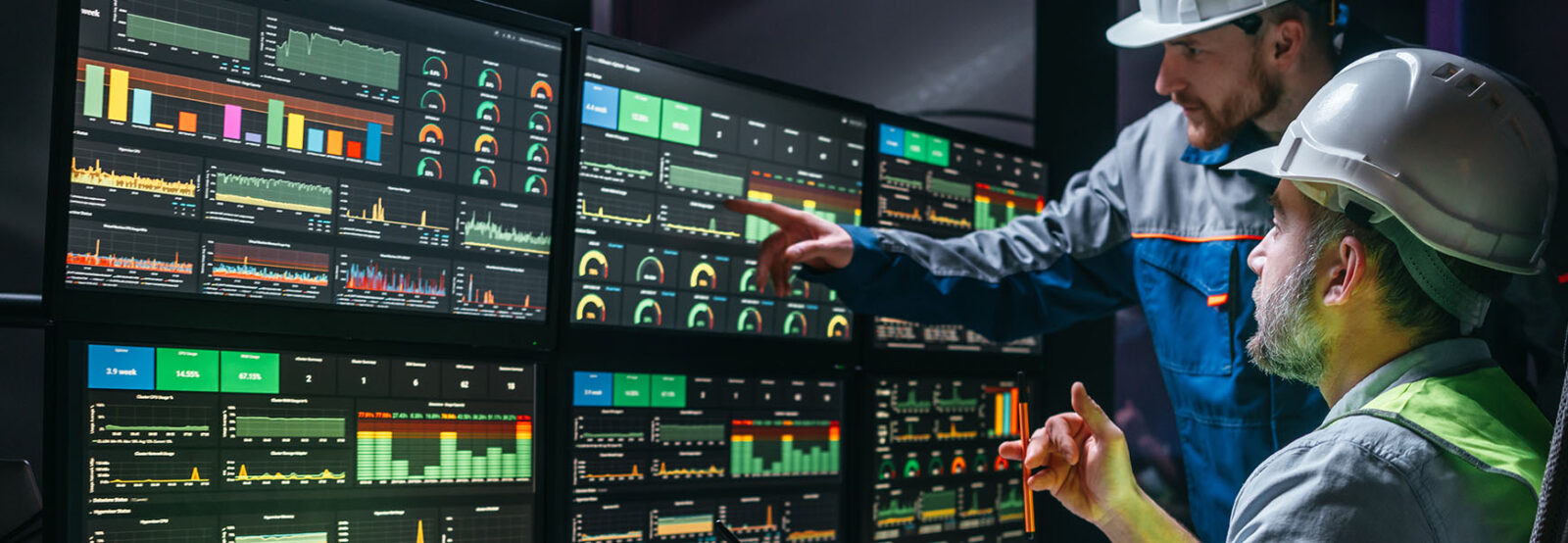The digital revolution in the world of work is widely acknowledged to be one of the greatest challenges facing businesses and society today. High-tech machines, intelligent robots and artificial intelligence can carry out ever more complex tasks and therefore have the potential to replace the human workforce.
Many job descriptions are fundamentally changing. Some tasks are being automated; others continue to be done by hand even if they could be automated. New types of work are being created, especially as businesses seek to embrace new technology. In many sectors, jobs are being lost, while new jobs are being created in others. The pace of these developments will continue to accelerate. At the same time, remote work and study are becoming increasingly widespread, thanks in no small part to the COVID-19 pandemic.
Advancing digitalisation has also led to new forms of employment in the platform economy. Digital platforms bring together product vendors/service providers and potential customers. Ride-hail services, food deliveries and programming work are typical examples of job opportunities in the platform economy. Businesses value the greater market transparency and lower costs associated with this form of employment; workers appreciate the autonomy it gives them.
How will we work in future? What effect will the growing use of digital technologies have on the labour market? How are jobs and careers going to change? What skills and qualifications will be needed? What effect will the use of artificial intelligence have on the quality of work? Does the use of automated decision-making systems entail a risk of discrimination?
The digital revolution in the world of work is a major focus of the IAB’s research. This special feature provides a link to our publications on this topic.
Activities
Publications on the topic „Digital Transformation of the Workplace“
Image: leonidkos/stock.adobe.com

